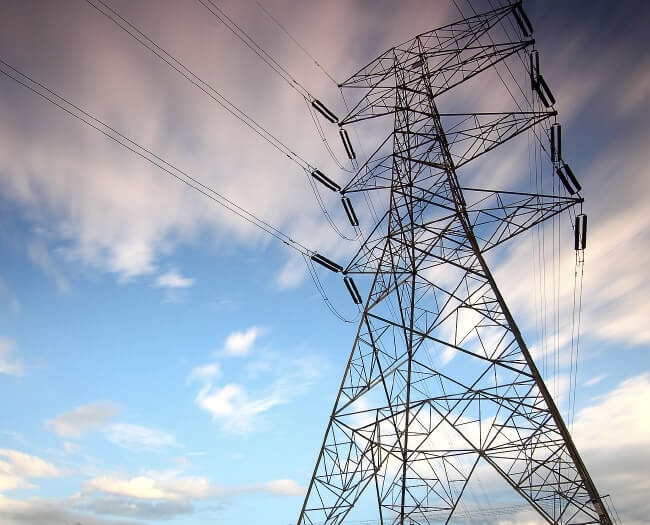KEY POINTS
- A South African court has ordered Eskom to pay over R1 billion to French company Framatome over delays in the Koeberg steam generator replacement project.
- The court rejected Eskom’s attempt to dismiss the ruling, criticizing its legal arguments and upholding the adjudicator’s decision.
- The case highlights ongoing governance and project management issues at Eskom as South Africa faces continued energy supply challenges.
South Africa’s national power utility Eskom has been ordered by a high court to pay more than R1 billion to French nuclear energy company Framatome. The judgment comes after a long-standing contractual dispute tied to delayed upgrades at the Koeberg nuclear power plant near Cape Town.
The dispute stems from a 2022 agreement between Eskom and Framatome to replace three aging steam generators in Unit 2 of the Koeberg plant. The project, initially planned as a five-month maintenance outage, was marred by delays, mismanagement, and mutual accusations over responsibility for the breakdown in execution.
Framatome, a subsidiary of French multinational Électricité de France (EDF), was awarded a judgment that includes €35.2 million (R727 million) and an additional R256.6 million from Eskom, excluding VAT, interest, and legal costs incurred by Framatome’s French-based attorneys. The judgment follows an adjudication process led by advocate Peter Ramsden, whose findings the court upheld after Eskom’s legal challenge failed.
Court rejects Eskom’s challenge
Eskom challenged the ruling but was rebuked by the court, which deemed its legal arguments “contrived and unconvincing,” highlighting broader concerns about project governance at South Africa’s only nuclear power station.
The controversy began when Eskom unexpectedly halted the project after initially taking Unit 2 offline in 2022. Framatome subsequently filed a claim for breach of contract, citing project abandonment. Eskom, however, maintained that both parties were equally at fault and claimed Framatome contributed to the delays. The utility argued that the project’s failure resulted from shared deficiencies, including equipment readiness and on-site infrastructure.
Framatome contended otherwise, asserting that Eskom had failed to prepare crucial facilities to house the removed radioactive steam generators. “The building required to accommodate the old steam generators was simply not completed in time,” one source familiar with the project said, echoing concerns raised during adjudication.
A March 2022 report by Engineering News confirmed that Eskom and Framatome had jointly reviewed the timeline and determined the original six-month schedule was unrealistic. Then-Eskom COO Jan Oberholzer stated that construction of containment facilities had not met safety or quality standards. “We could not proceed without full assurance that safety and environmental requirements would be met,” he said at the time.
The adjudication process, conducted in line with international arbitration protocols, proceeded without Eskom’s participation. The utility later attempted to have the ruling overturned in court. However, the court criticized Eskom’s submissions as lacking merit and upheld the adjudicator’s decision.
The judgment adds financial pressure on the embattled utility, which is already grappling with significant debt and a backlog of infrastructure maintenance across its generation fleet. The delay in Koeberg Unit 2’s overhaul is also mirrored by continuing challenges at Unit 1, which remains offline due to an extended maintenance schedule. Still, Eskom insists that the risk of winter loadshedding remains unchanged, citing improved energy availability from other sources.
Framatome is regarded globally as a leader in nuclear power plant servicing and component design. Its work at Koeberg was considered critical for extending the plant’s operational life by another 20 years. The steam generator replacement project is a central part of South Africa’s plan to secure stable low-emission baseload power in the coming decades.
Koeberg, commissioned in the 1980s, is Africa’s only nuclear power facility and provides about 5% of the country’s electricity. Any further delays in its refurbishment raise questions about national energy security and the future of South Africa’s nuclear ambitions.
The Department of Mineral Resources and Energy (DMRE), which oversees nuclear policy, has not yet commented on the ruling. However, industry analysts note that the legal defeat could prompt tighter oversight of Eskom’s project procurement and governance.
This latest legal setback adds to Eskom’s growing list of liabilities and underscores the need for improved execution of its infrastructure programs. With mounting pressure from climate targets and power demand, the utility cannot afford further reputational damage or cost overruns at critical facilities.



